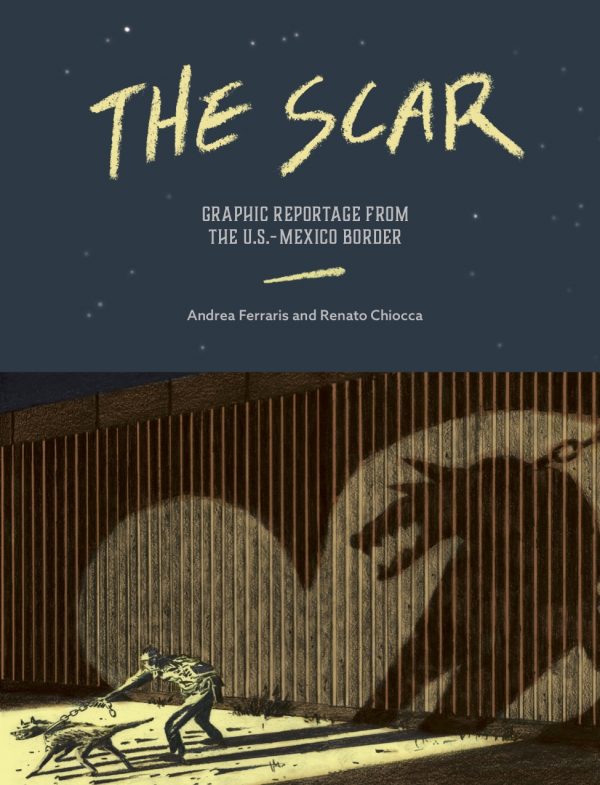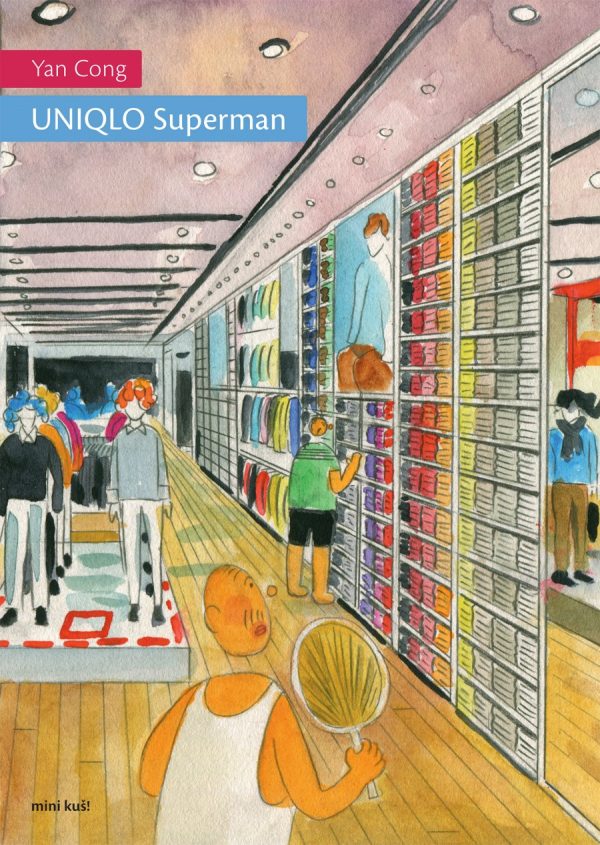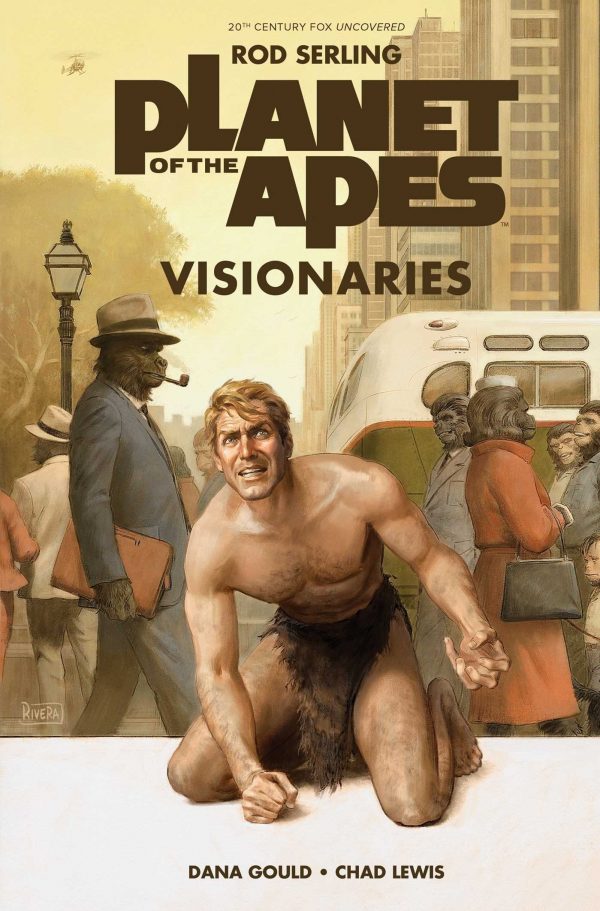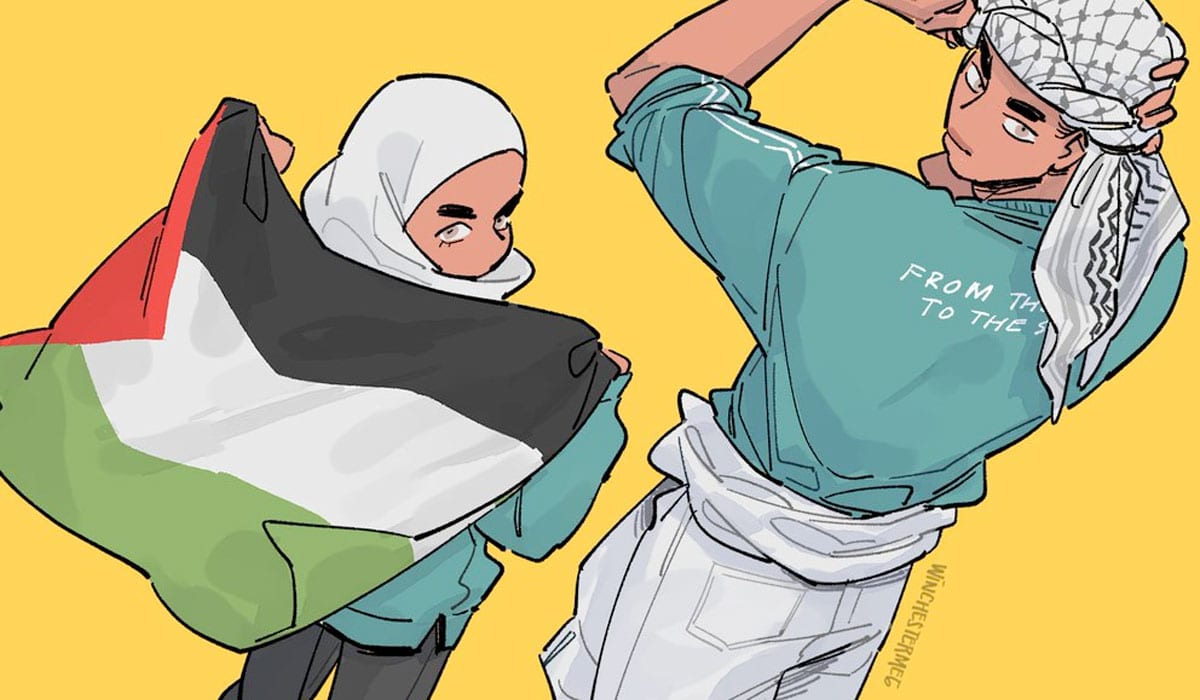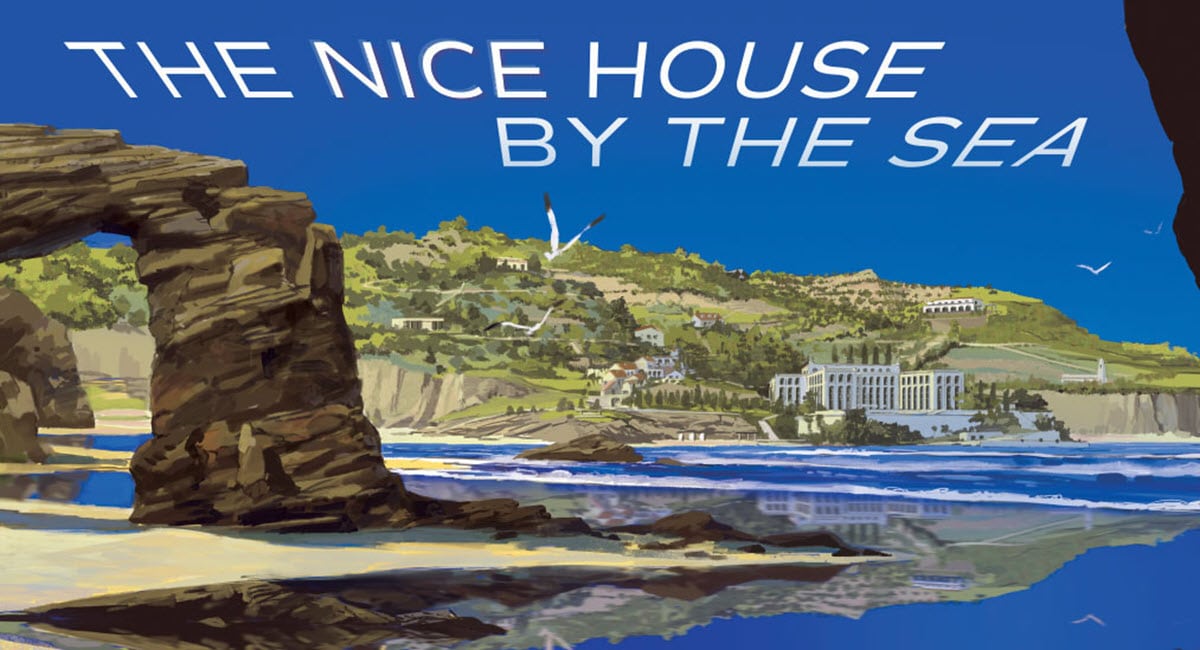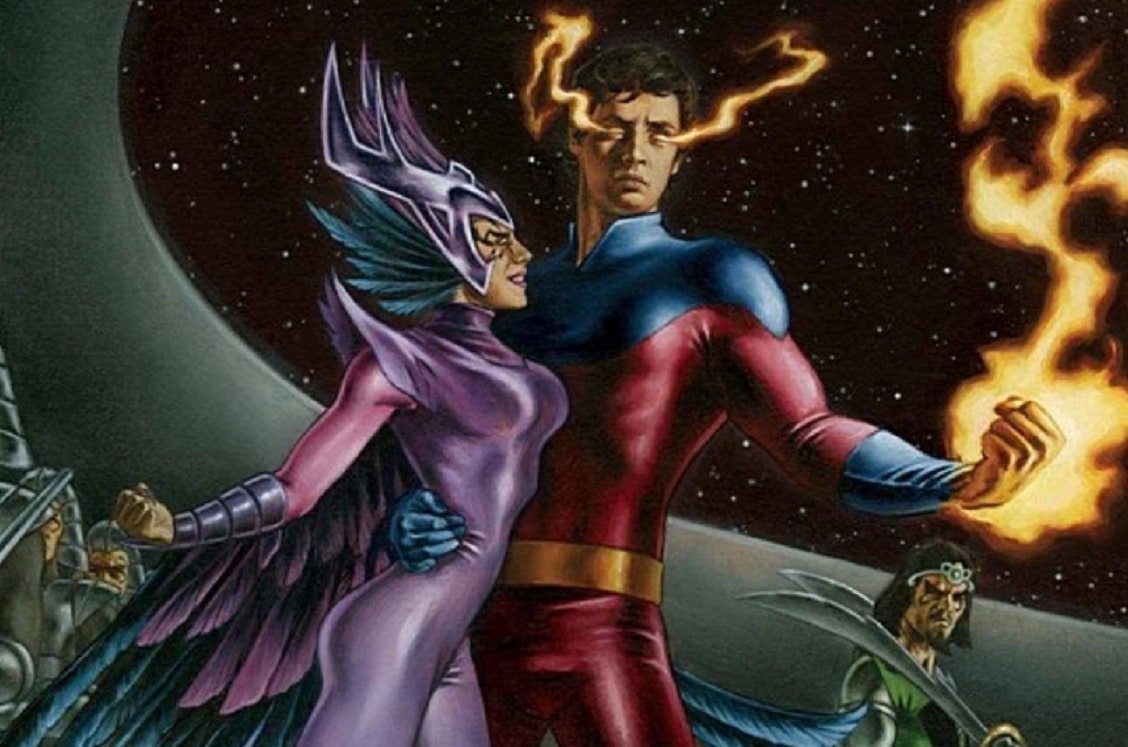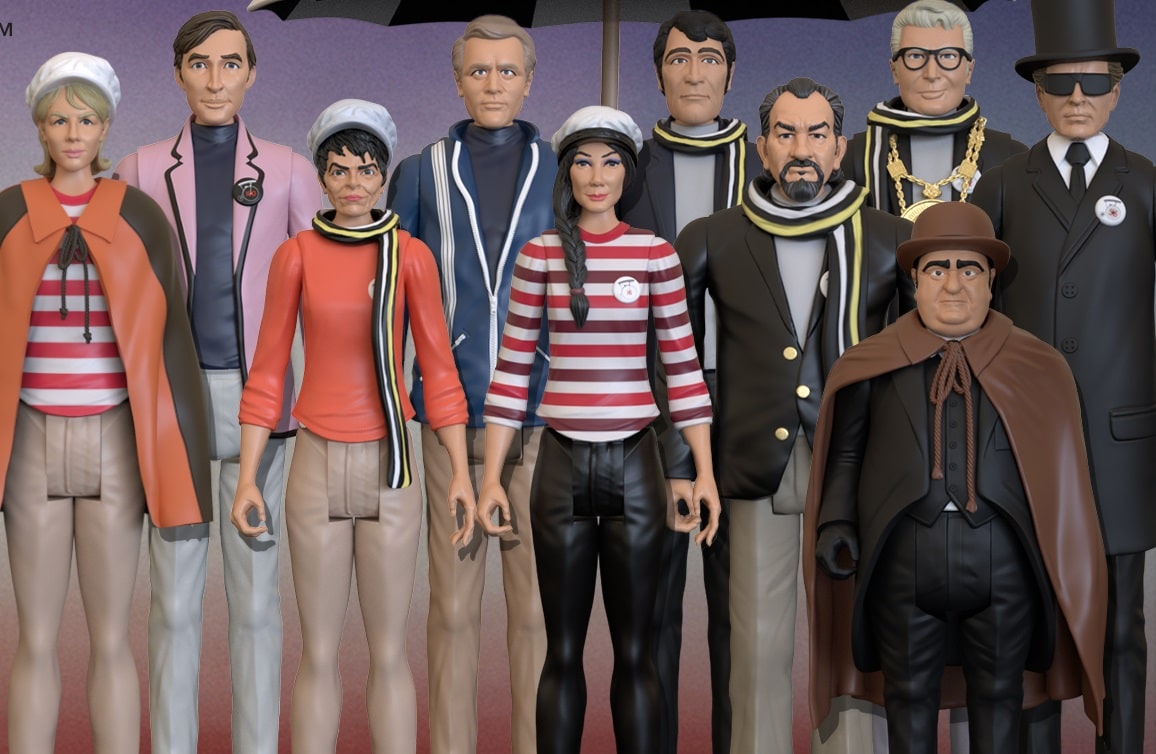Mini Kuš! #74: Uniqlo Superman by Yan Cong
Kuš Komiksi
Uniqlo, for the uninitiated like myself, is a Japanese clothing retailer, which is integral to at least understanding the central premise of this comic, which is that a naked man enters Uniqlo and gathers together a new wardrobe for himself. A paltry one of socks and underwear, that is. But Cong takes you through the minutiae of the choices being made, the casual nature with which they are made, and the unexpected amusing conclusion to the vague idea that the clothes make the man, but they aren’t always the expected clothes to do the job.
There’s a second story here, too, called “Chorus of Frogs,” follows a couple through a mundane evening together and how they prepare for bed. It’s a tiny slice of life, sweet and probably something most couples can identify with.
The Mini Kuš! series is a trove of tiny treasures that take chances with small messages in an elegant package, and this one is well worth your time.
Planet of the Apes: Visionaries by Dana Gould and Chad Lewis
Boom! Studios
This is something that may only be of interest to Planet of the Apes geeks, but since the original film has obsessed me when I first saw it as a kid in the early 70s, it had my name written all over it. Adapted from the original screenplay by Rod Serling, and not the final one that we all saw, this version sees the primitive ape world transformed into one more like our own, with much of the action unfolding in a big city. In this way it’s more reminiscent of the Pierre Boulle’s original novel, and also shares some commonality with the excellent Saturday morning animated show, Return to the Planet of the Apes, that aired in 1975.
But the differences are much more than that and allow for a different kind of investigation of the themes that are inherent in the subject matter. In this version, the astronaut — in the film named Taylor, but here named Thomas — overcomes his captivity and becomes a dilettante in ape society, actively working to help them discover their own origins and gaining the sympathy and trust of members of ape society.
It’s a fascinating alternate road to take to a partly similar ending, and the script adds some elements to the second half of the story, especially in regard to the archaeological site plot, that do enrich your understanding of the planet’s history.
I wouldn’t say this is a replacement for the original movie, and I’m more than happy with the film that resulted half a century ago, but this is a fun way to learn about the process to that final product that has become so iconic.
The Scar by Andrea Ferraris and Reno Chiocca
Fantagraphics Books
Focusing on an area of the Mexican border between Tucson and Nogales, this account by cartoonist Andrea Ferraris and documentary filmmaker Reno Chiocca couldn’t come at a better time. Just last night, an incoherent man who claims to be the President of the United States commandeered television networks to broadcast a rambling statement about some sort of emergency at the Mexican border and advocate for the building of a wall to solve the problem. Only a delusional mad man would think that, and only people afraid of the boogeyman would agree.
Nogales is a split city — half in Mexico, half in the United States — and it already has a wall that doesn’t work. People climb it, as you would expect. Police don’t have jurisdiction over the actual wall, so when they take action it’s with desperation and sloppy workarounds that lead to tragedy, as Ferraris and Chiocca recount in their reportage of the death of Jose Antonio.
Ferraris and Chiocca reveal how the wall has created militarized zones on both sides that make everyone more unsafe but has also lead to a group of brave people who work to bring aid to those who try to cross the border. Called the Samaritans, they do everything from bringing supplies to finding unmarked graves, and they report that thousands have died on the border.
This is an affecting, heartbreaking, and important book about people whose lives force them to take action, whether its moving north to find a better and safer life or clustering around the symbols of totalitarianism that suck the hearts out of the people who build them in order to help the refugees that have been turned into boogeymen.


